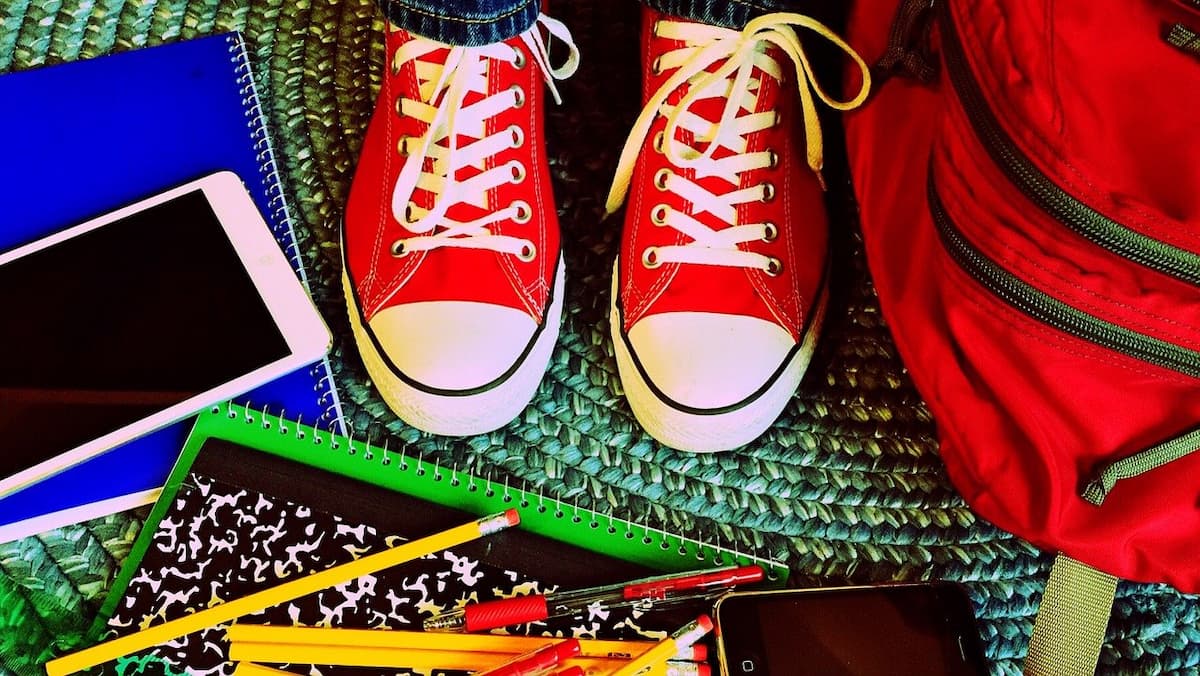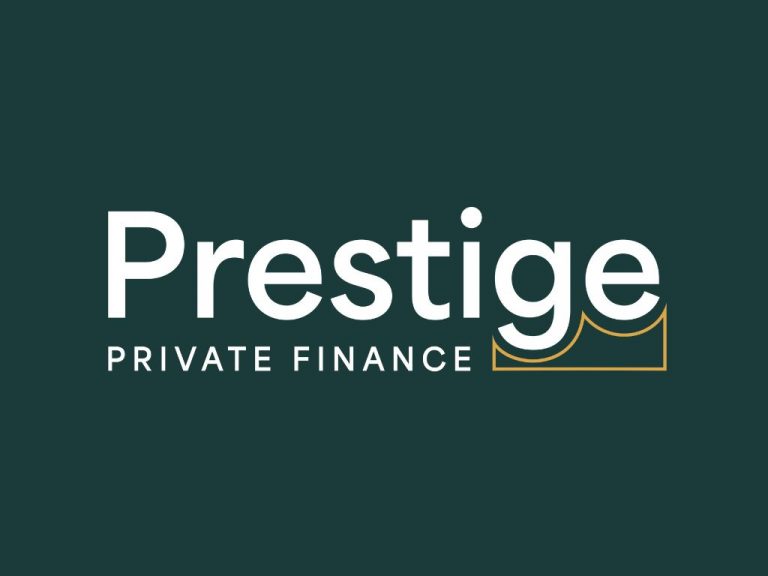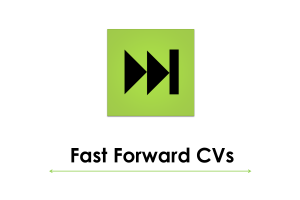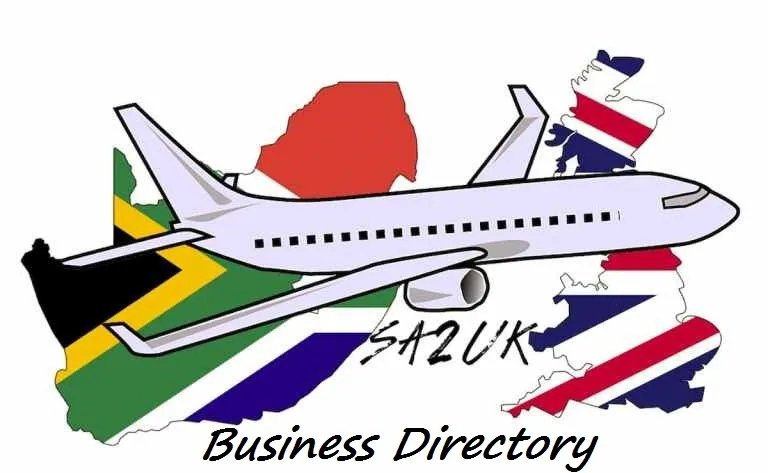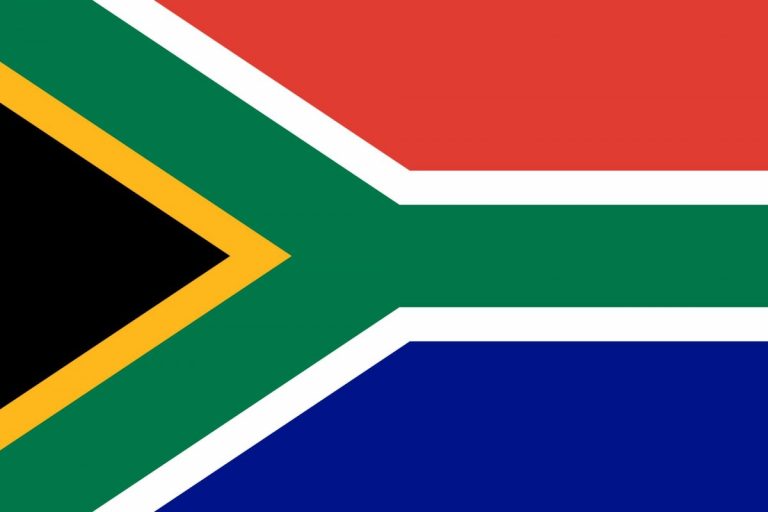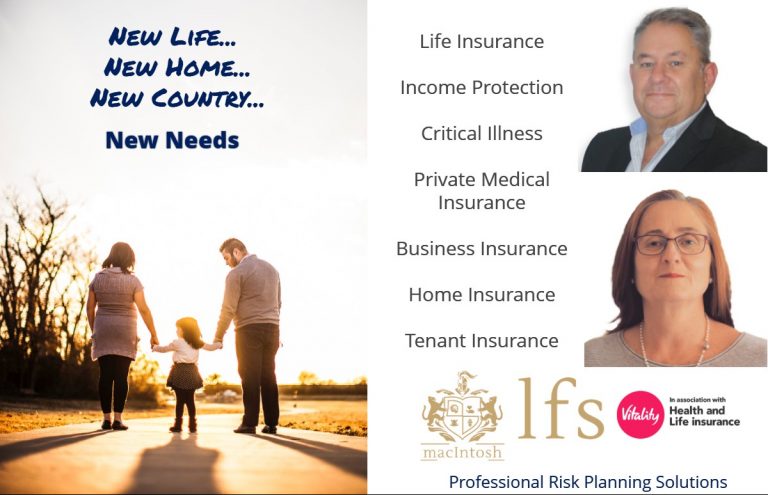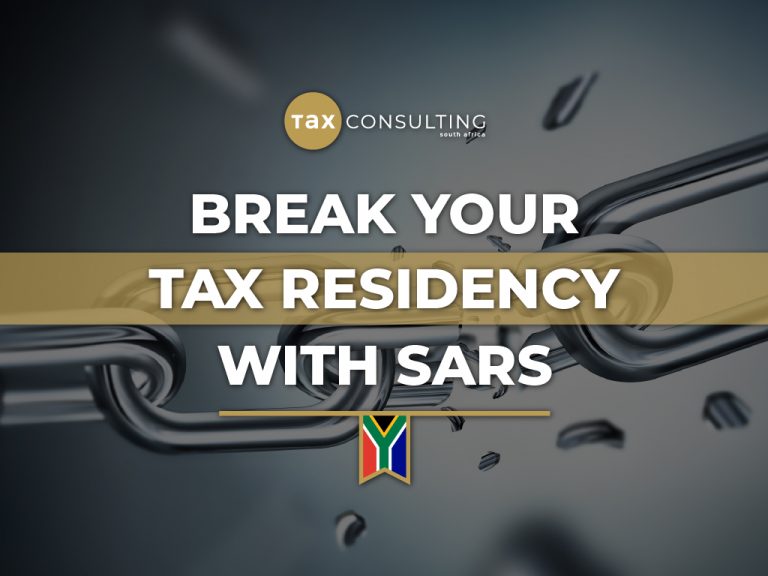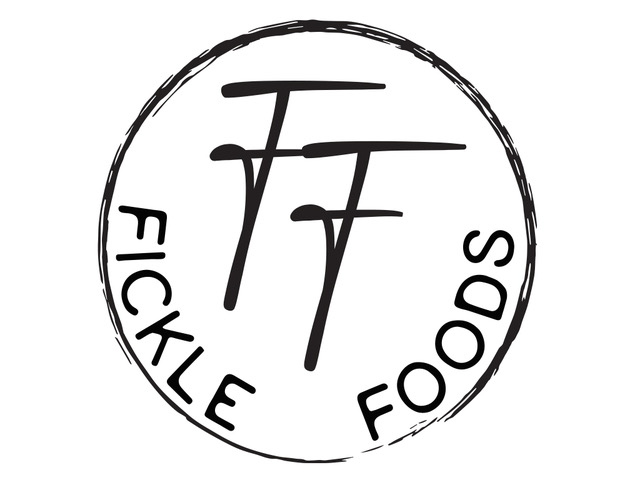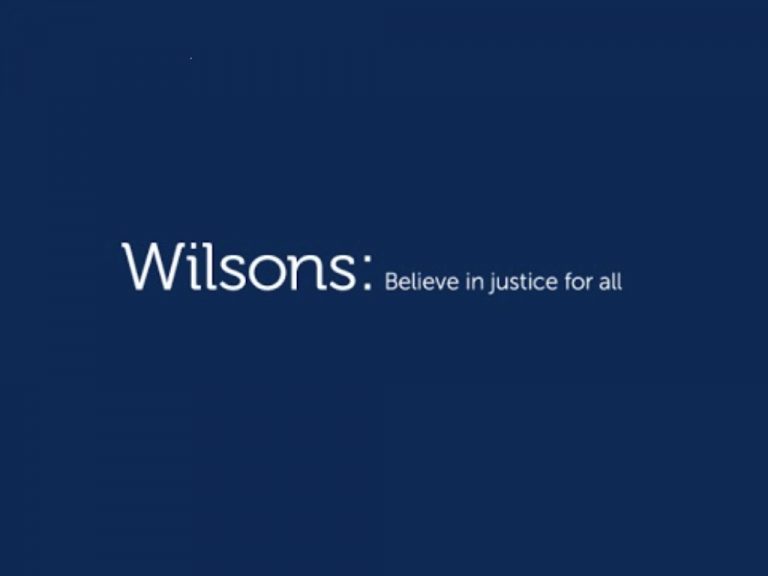The British Education System
When you arrive in the United Kingdom and have children, you will need to look at choosing a suitable school for their education, admission criteria, also what age a child starts school in the United Kingdom. You will need to apply for a place for your child at one of the schools.
The education system in the UK is divided into four main parts, primary education, secondary education, further education and higher education.
Children in the UK have to attend primary and secondary education which runs from about 5 years old until the student is 16 years old.
The education system in the UK is also split into key stages
- Key Stage 1: 5 to 7 years old
- Key Stage 2: 7 to 11 years old
- Key Stage 3: 11 to 14 years old
- Key Stage 4: 14 to 16 years old
Primary Education

Primary school education begins in the UK at about age 5 and continues until age 11, comprising key stages one and two
Some primary schools are split up into Infant and Junior levels. These are usually separate schools on the same site. The infant age range (Key Stage 1) is from age 5 to 7. The Junior age range (Key Stage 2) is from age 7 to 11.
The year groups at primary School level
- Year R (Reception) (age 4 – 5)
- Year 1 (age 5 – 6)
- Year 2 (age 6 – 7) The year when SATs testing takes place for Key Stage 1
- Year 3 (age 7 – 8)
- Year 4 (age 8 – 9)
- Year 5 (age 9 – 10)
- Year 6 (age 10 – 11) The year when SATs testing takes place for Key Stage 2
Secondary school – years 7 and 8
Years 7 and 8 are the first two years of secondary school education in the UK. In some independent schools they are included in the Junior School, in others, they are part of the Senior School.
Under the UK school system, all students study English, Maths, Sciences, a Humanity and a Modern Language. Besides these subjects, each school has a list with optional subjects (Art, Music, Drama, Latin, Sport Science, Design Technology, Computer Science
In some schools, students sit Common Entrance Exam in year 7. There are 3 examination sessions, in November, January and May/June.
Secondary school – year 9

Year 9 is when most of the students make the transition from Junior School to Senior School. It is also a very good foundation for the GCSE programme and it is an entry point to all schools.
Students study English, Science, Maths, Humanity and Languages. In addition, students choose a few subjects from the optional subject list offered by each school.
Secondary education – years 10 and 11

GCSE programme
In the last two years of secondary education, which are called Year 10 and Year 11, starting at age 14, students prepare for GCSE exams that are taken after two years.
During the GCSE programme, students study between 9 and 12 subjects. Some of them are compulsory (English, Math, 2/3 Sciences, History/Geography, a Modern Language etc.), some are chosen by each student according to their abilities and preferences. At the end of the 2 year GCSE programme, following the examinations on each studied subject, students receive their GCSE Certificates.
The chosen subjects and the GCSE results are very important for their Further Studies (A-Level or IB) and for their University admission.
Intensive 1 year GCSE
Some schools offer a 1 Year GCSE programme in Year 11 for international students seeking a school education in the UK. These intensive, one year courses, are available for students aged 15 plus, with the appropriate academic level from their own country.
IGCSE
The IGCSE prepares international students for A-Level and/or IB.
Students study between 5 and 7 subjects, English, Maths and Science being included. Each school has a list of available subjects for IGCSE students. At the end of Year 11, students take exams in each studied subject and receive IGCSE Certificates.
University preparation – years 12 and 13

A level study
Once a student reaches the age of 16, they can start a 2 year programme which leads to (Advanced) level examinations.
Students specialise in 3 or 4 subjects, that are usually relevant to the degree subject they wish to follow at university.
A levels are state examinations and are recognised by all UK universities and by institutions worldwide.
At the end of Year 13, following the examinations in each subject, the students receive A level Certificates.
International Baccalaureate (IB)
Those who would like to study more than 3-4 subjects, may continue their studies in a broader number of subjects with the International Baccaularete Diploma Programme, offered by some independent schools.
During the IB, students study 6 subjects, 3 at higher level (HL) and 3 at standard level (SL). Each school offers different subjects at different study levels (HL/SL). The IB programme also includes a compulsory Core programme consisting of Theory of Knowledge (TOK), Extended Essay (EE) and Creativity, Activity, Service (CAS).
Further education

International students can either choose a state sixth form college or a college of further education as an alternative to private education.
Both offer GCSE and A level courses for students from the age of 16. Colleges of further education also offer foundation and diploma courses.
All colleges can prepare students for entry to a UK university or any university in the world.
The British school system also extends to BTEC courses which are designed for students who would like to develop practical knowledge and skills in a specific subject such as business, psychology, engineering, sport, art & design.
Information on further education courses and funding
Childcare

For parents who have moved to the UK, childcare is easily accessible and you can choose from various options.
One of the childcare options you can choose is a childminder. These are self-employed child carers who look after children in their own homes. They must be registered with Ofsted in England
There is also the option of childcare centres or some schools have an after school care service.
School transport

School travel and transport guidance
Teaching
To teach as a qualified teacher in England, you’ll need qualified teacher status (QTS). If you already have a degree, you can complete a postgraduate teacher training course to achieve this. Additionally, you’ll need to have a GCSE at grade C / 4 in math’s and English, as well as science if you want to teach primary.
Teaching jobs
Apprenticeships

Apprenticeships combine practical training in a job with study. As an apprentice you’ll be an employee earning a wage and getting holiday pay. work alongside experienced staff. Get time for training and study related to your role.
Princes Trust
The Prince’s Trust is a charity in the United Kingdom founded in 1976 by Charles, Prince of Wales, to help vulnerable young people get their lives on track. It supports 11 to 30-year-olds who are unemployed and those struggling at school and at risk of exclusion.
Useful links

Some useful links about education in the United Kingdom:
- Apply for a primary school place
- Apply for a secondary school place
- Children with special educational needs
- School admissions
- Educating your child at home
- School terms and holiday dates
- The national curriculum
- School attendance and absence
- School uniform
- Help with home to school transport
- Free school transport
- Childcare out of school hours
- Health and safety for school children
- School meals – healthy eating standards
Education in Scotland

Education in Scotland is overseen by the Scottish Government and its executive agency Education Scotland. Education in Scotland has a history of universal provision of public education, and the Scottish education system is distinctly different from those in the other countries of the United Kingdom.
Scotland provides free education to all children living in Scotland (and have done so as early as the 17th century). Scotland’s schools operate a Curriculum for Excellence which provides knowledge, skills and attributes for learning and life to all nursery, primary and secondary schooling between the ages of 3 – 18.
Education Scotland
Education Scotland is a Scottish Government executive agency charged with supporting quality and improvement in Scottish education and thereby securing the delivery of better learning experiences and outcomes for Scottish learners of all ages.
Early learning and childcare
Early learning and childcare (ELC) is a generic term used to cover the full range of early education and childcare available in Scotland today.
Broad general education
Curriculum for Excellence is divided into two phases: the broad general education and the senior phase. The broad general education begins in early learning and childcare and continues to the end of S3 (the third year of secondary school). Its purpose is to develop the knowledge, skills, attributes and capabilities of the four capacities of Curriculum for Excellence:
Choosing a school in Scotland
Which school your child goes to depends on the ‘catchment area’ in which you live. You can apply for a placement request if you want your child to go to a school outside your catchment area and a panel will decide if your child is the ‘most worthy’ out of all placing requests.
Types of schools in Scotland
Special schools
There are a number of special schools in Scotland which generally deal with children who have very specific or severe additional support needs. A small number of children in special schools attend on a residential basis so that they can receive full-time care.
Denominational schools
Denomination schools are school associated with a particular religious denomination.
Gaelic education
Gaelic-medium education (G.M.E. or GME; Scottish Gaelic (Foghlam tro Mheadhan na Gàidhlig) is a form of education in Scotland that allows pupils to be taught primarily through the medium of Scottish Gaelic, with English being taught as the secondary language.
Independent schools
There are a number of private or independent schools, both day and boarding, throughout Scotland. They are generally listed on the Register of Independent Schools and are monitored by the Scottish Education Department.

